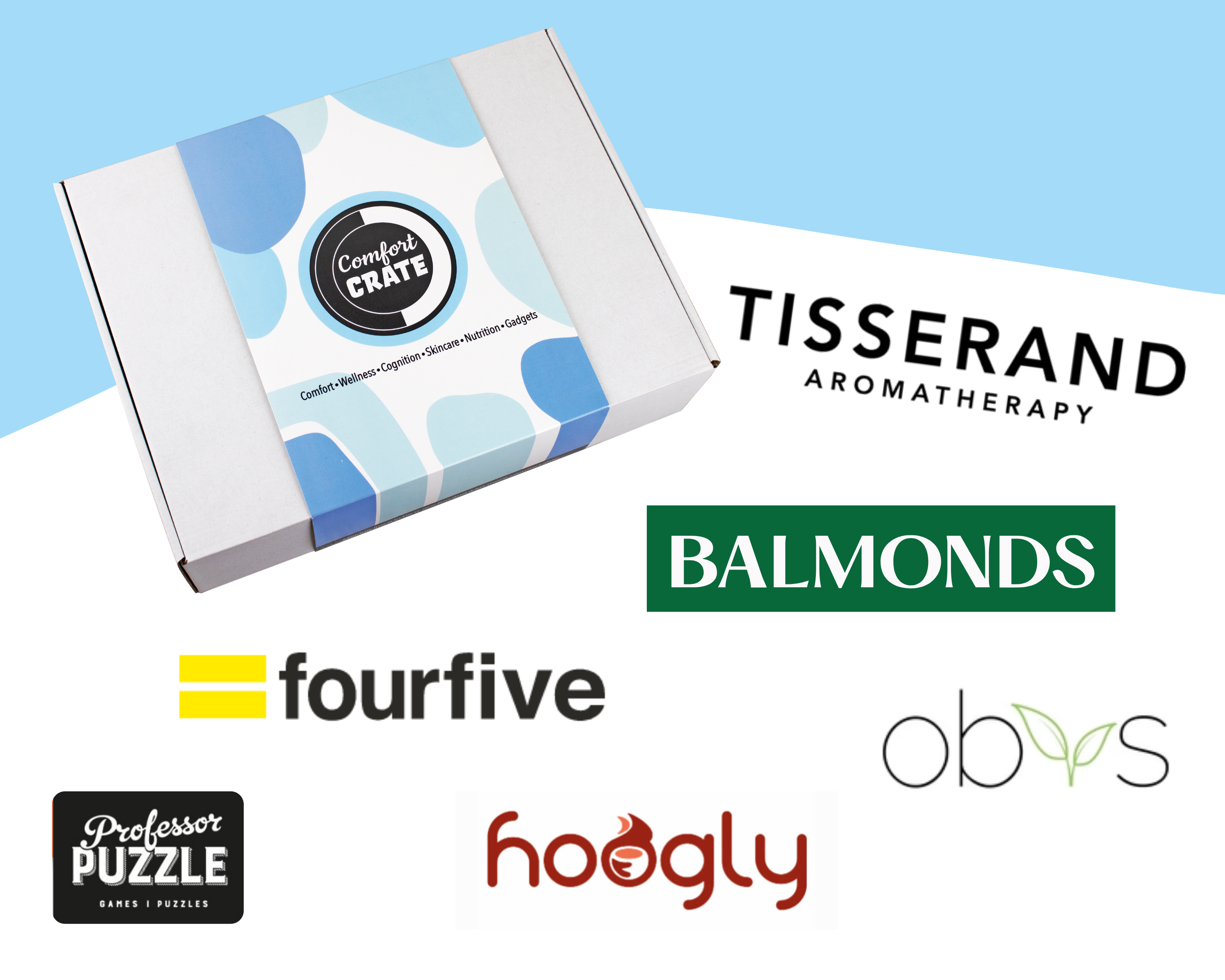
Memory Strategies for Cognitive Changes
what causes chemo brain?
Exercising the brain to improve memory, focus, or daily functionality is a top priority for many people, especially during cancer treatment. Your brain has the ability to learn and grow as you age, a process called brain plasticity. Like any other part of your body, your brain needs to be cared for; this can be done through training your brain on a regular basis.
As many as 3 out of 4 people with cancer say they're not as mentally sharp. It was once believed chemotherapy drugs were the cause, but scientists are now learning that the cancer itself can cause memory problems. Along with infections, low blood counts, fatigue, sleep problems and stress.
In spite of the fact that you cannot stop these side effects from occurring, and that you have no control over how your body reacts to treatment, you can use some memory techniques to help prevent them. Whether you wish to learn a set of directions, a recipe, the events during an historical epoch or just to remember daily tasks, the techniques below can help.
Natural treatment for chemo brain
Memory Techniques:
1. Use Images
It is believed that the brain has the ability to process images approximately 60,000 times more quickly than it processes a similar amount of written information. This is because when you see an image, it is stored in your memory in the form of a picture and a word. However, when you hear or see a word, it is stored in your memory as only one form.
2. The Link Method
This method is perfect for lists! It is all about linking images together in memorable ways. Each link jogs your memory about what comes next. Start with the first thing on your list. Then choose an image for it and link it to the next item – perhaps by imagining the two things smashing together, or by visualising one on top of the other. Then move on through the list, linking each item with the next.
3. The Story Method
This is the same as the method above but taking it a step further by using a story to connect all the items on the list. The flow of the story and the strength of the images help you to recall the original information. Invent a story that features each item on your list, within the right order. You should make your story funny, strange and exciting, which will help you find it even easier to remember!
4. The Journey Technique
This is an ancient memory method that allows you to store new information within familiar mental journeys.
How to use method:
- Start by choosing a familiar journey, like to work or the shops.
- Spend a few moments imagining yourself travelling along the journey.
- Choose landmarks or points of interest along the way.
- Match a story or image with your list and landmarks.
- Visually position your chosen image or story with the landmarks on your journey. Creating weird and wonderful scenes along your route.
Example:
Let's say you needed to remember a shopping list: coffee, salad, peas, bread.
Using your regular journey to the store, you might pick the following stopping points:
- The doormat by your front door.
- The rose bush in your front garden.
- The pink house down the road.
You would then visualise one item at each of those points, in sequence. The journey might look like this:
- On the doormat, coffee beans are piled high.
- Under the rose bush, a rabbit is munching crunchy salad leaves.
- At the pink house, someone has spilled thousands of bright green peas.
5. The Production Effect (Say it out loud)
The explanation for this effect is that words read aloud are more distinctive to our brain than words uttered silently, which may just wash over you. Translating content from one form to another (from visual form to an auditory form) enhances its distinctiveness and aids the process of encoding the information in our memory. This increases the likelihood of it being successfully transferred to the long-term memory store. So when you want to memorise a certain piece of information, read it out loud!
6. Use Colours
Psychologists have found that we are significantly better at recalling scenes, pictures and images if they are not just black and white. Natural colour is what the human brain expects from its view of the everyday world—and anything different fails to make an equivalent impact. This is why colour has a stronger appeal to our senses, prompting a better connection to parts of the brain involved with memory.
How to add this method to your daily life:
- Colour code notes and lists.
- Highlight the most important tasks.
- Colour code after taking notes or list writing, so you do not interrupt your flow when remembering what you need on the list.
- Use highlighters, multi-coloured pens and multi-coloured sticky notes.
- Do not use too many colours on one list/notes. This can become confusing.
For more help and tips read our blog – How to reduce Cognitive Changes
CLICK HERE to buy the ultimate chemo guidebook - includes expert tips and support for managing chemo brain.









Leave a comment
This site is protected by hCaptcha and the hCaptcha Privacy Policy and Terms of Service apply.